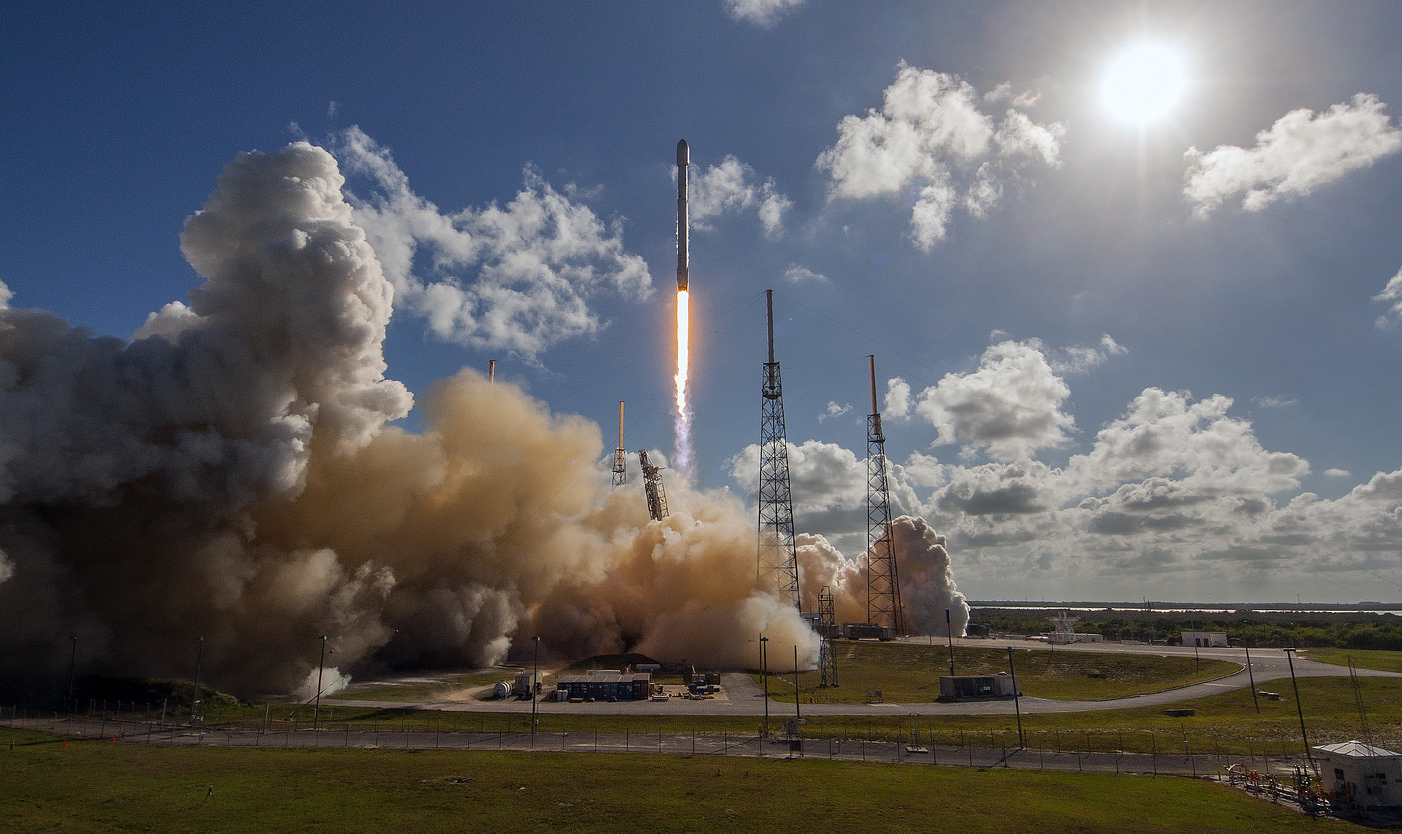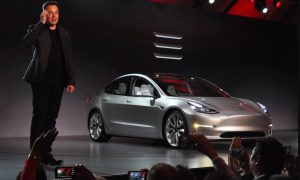California is looking to levy a new tax on rocket launches that would tax companies for each mile traveled from the surface up to the official limit of outer space, set at 62 miles above the earth.
Over the last 10 years, the rocket launch industry has undergone a revolution with the cost of space travel dropping dramatically as a result of innovations largely driven by California-based SpaceX. The company recently completed the first reuse of an orbital launch booster which promises to further slash the cost of commercial space flight. As a result, SpaceX aims to dramatically decrease the time between launches to less than 24 hours. It is this increase in activity that presumably catalyzed the proposed regulation as lawmakers seek to get their hands on a piece of profits generated from the new industry.
Regulation Section 25137-15 reads:
“Space transportation company” means a taxpayer that generates more than 50 percent of its gross receipts from the provision of space transportation activity for compensation in a taxable year.
The Vandenberg Air Force Base launch site in California is the only site in the continental US where satellites can easily be launched into a polar orbit. The state must walk a fine line to apply a fair and reasonable tax while ensuring it is not so drastic that it would chase the lucrative space launches and all of the industries supporting them out of the state.
Only two companies currently perform launches out of California: SpaceX and the United Launch Alliance, while Virgin Galactic plans to begin space tourism flights out of the state in the next few years. In a curious twist, SpaceX, the United Launch Alliance, and Virgin Galactic all support the tax, citing that it adds clarity and stability to their tax status. Without the tax, trips to space are financially vulnerable to a sudden spike in cost in the event that a tax was added in the future.
Quartz obtained a letter sent to the California Franchise Tax Board from SpaceX CFO Bret Johnsen who clarified why the company is supportive of the new tax. “Without the proposed regulation the standard apportionment rules are unclear as applied to space transportation companies. The proposed regulation provides certainty for us, as well as other taxpayers in the industry, for our California franchise tax filings going forward.”
California has long been a hub for aerospace activities. Corporate players like Boeing and Lockheed Martin each have several facilities in the state that serve as support to industry hubs like NASA’s Ames research center in Mountain View, California and the Jet Propulsion Laboratory facility in Pasadena, California.
Looking forward, SpaceX has another six launches on its launch manifest in the remainder of the year out of Vandenberg while ULA has 2 more flights expected this year. In addition to the pace of launches that will increase year-over-year for the foreseeable future and a lucrative new business model hanging out as bait, competition is surely not too far behind. This increase in competition is expected to further drive costs down and increase the frequency of rocket launches.
SpaceX recently confirmed its plans to launch 4,425 satellites into low earth orbit over the next 4 years that, if approved, would represent a three-fold increase in the number of satellites orbiting the earth.











